There’s power in poetry. The world saw that when Amanda Gorman, the National Youth Poet Laureate, read her poem “The Hill We Climb” at President Biden’s inauguration. Presciently, we’d already planned to honor Black poets and poetry in celebration of Black History Month, even before Gorman’s stunning performance. Let us not forget that one of America’s most famous poets came to America an enslaved African.
“The world is a severe schoolmaster, for its frowns are less dangerous than its smiles and flatteries, and it is a difficult task to keep in the path of wisdom.”—Phillis Wheatley
From classic poetry to contemporary voices, we celebrate some of the Black poets whose words have changed our lives—and our listening.
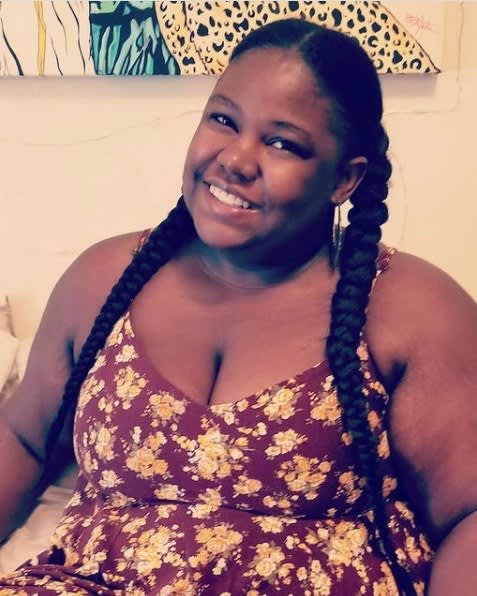
Hanifah, Customer Care
How do you usually listen to poetry? My favorite way is live, because it’s nearly impossible for a poet to perform a poem the same way twice. This allows me, as an audience member, to get a new feeling or new interpretation of the poem each time I hear it. But I also appreciate poetry in an audio format, especially by poets such as the late Maya Angelou. That’s because those who didn’t have the luxury of hearing Angelou recite her poems live can experience the greatness of her work and what it represents whenever they please.
Is there a live poetry performance you love in audio? Olio is a very special live recording of Tyehimba Jess’s Pulitzer Prize-winning poetry collection, performed by a full cast.
Olio Live
By Tyehimba Jess
Narrated by Piper Goodeve, Kayla White, Jaylene Clark Owens, Tyehimba Jess, David Pegram, Yahdon Israel, Esau Pritchett
Olio Live
In Olio Live - a very special one-night performance recorded live at the Minetta Lane Theater in February, 2019 - poet Tyehimba Jess introduces listeners to his 2017 Pulitzer Prize-winning collection, Olio....
Do you have a favorite quote from Olio?
American entertainment in the 19th century
Then as now, steeped in bigotry.
Bundles with slavery, bent with White supremacy.
This line resonates with me because it sets the tone for where the author wants to take his story, as well as the moments in history that led him to it. For so long in American history, Black entertainment has been distorted, disrespected, and made fun of by those who do not fully understand it and tell our stories as if we are a monolith. This is why audiences often get one perspective.
Who is your favorite Black poet? Maya Angelou. Her work from over the years still resonates; the words from her poems still speak life into the universe. Her piece "Phenomenal Woman” is like a mantra for me. It embraces the wholeness, essence, and beauty of a woman, no matter how anyone else—or society at large—views her.
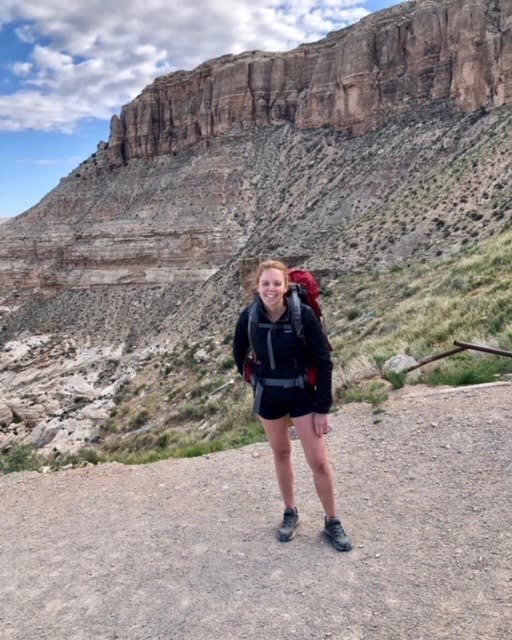
Kate, Content Programming
You listen to a lot of poetry! How do you fit it into your daily life? Sometimes I will listen to poetry albums while I work; since they have a flow to them it almost feels like music to me. The thing about listening to poetry is I can go back and replay certain things over and over again, like a favorite song.
What poetry collection would you recommend for Black History Month? Brown, by Kevin Young, is a very special collection of poems, read by the author.
Brown
James Brown. John Brown's raid. Brown v. the Topeka Board of Ed. The prize-winning author of Blue Laws meditates on all things "brown" in this powerful new collection.
Can you share a sampling of the work?
Because maybe
Because we must
say your names
& the list grows
longer & more
endless
I am writing this.
These lines are part of what Kevin Young titled a “Triptych for Trayvon Martin.” The three poems all reference a different medium of art and pay tribute to Sandra Bland, Tamir Rice, and Michael Brown. The words are incredibly powerful, and the form Young uses flows so well. Hearing it read by him makes everything around you stop.
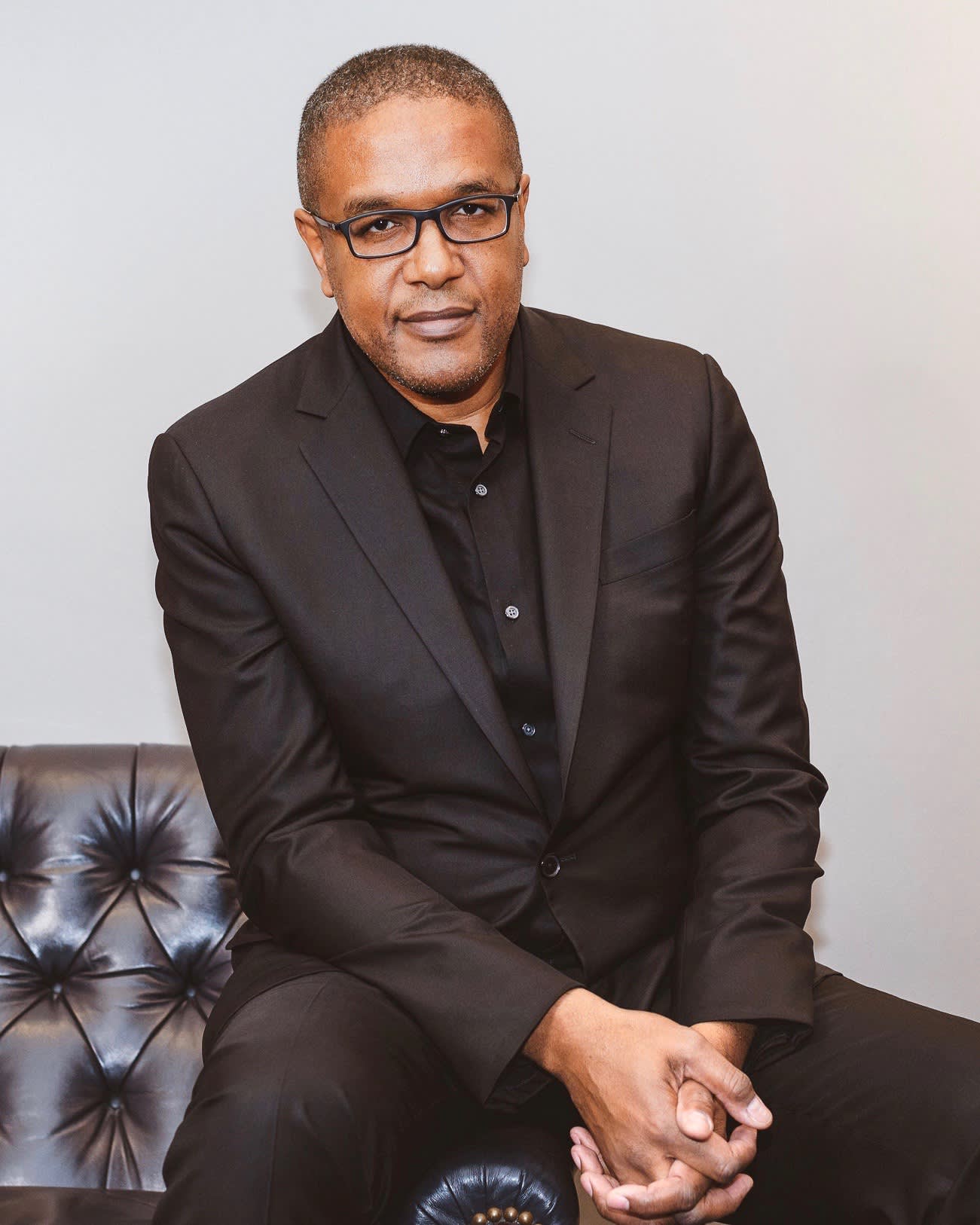
Chris, Audible Originals
What does Black poetry mean to you? Before Phillis Wheatley published her first book of poetry in 1773, 18 prominent White Bostonians tested her to ascertain whether or not she had the sufficient wisdom and knowledge to have actually composed the work. (Harvard scholar Henry Louis Gates, Jr., has written about this incident.) Every time I hear a poem by a Black writer, I think about Wheatley being grilled by this panel of racists, and I understand that for us, every poem comes at a price and every verse is a vs.
There are too many Black poets for me to name all the ones I love, but some of my favorites are Derek Walcott, Audre Lorde, Langston Hughes, Staceyann Chin, Claude McKay, Phillis Wheatley, and Gwendolyn Brooks. If I had to choose a favorite poem from my Audible library, I’d pick Claude McKay’s “If We Must Die,” found in Brotherhood: Poems from the Harlem Renaissance.
Is there a line from that poem you especially love? The last one: “Pressed to the wall, dying, but fighting back!” Claude McKay was born in Jamaica and moved to America. He was a revolutionary in many ways: artistically (he became a leader in the Harlem Renaissance), sexually (he was bisexual and advocated for sexual freedom in his poetry), and in other areas as well. The poem captures his revolutionary spirit.
Brotherhood: Poems from the Harlem Renaissance
Enjoy these poems on brotherhood, connection, and community struggle by Harlem Renaissance authors....
How do you like to listen to poetry? I listen to a lot of poetry. I love listening to recordings of poets reading their own work, like Sylvia Plath, Kwame Dawes and Seamus Heaney. I also like hearing great actors read the works of poets like Rilke, Pablo Neruda, Claude McKay, Langston Hughes, and others. I edited an Audible Original by Jamaican-American poet Staceyann Chin called MotherStruck! that told the true story of her quest to have a baby as a single, immigrant lesbian living in New York City. MotherStruck! is prose, but it feels like verse. Staceyann’s work demonstrates there’s poetry all around us, if we care enough to listen.
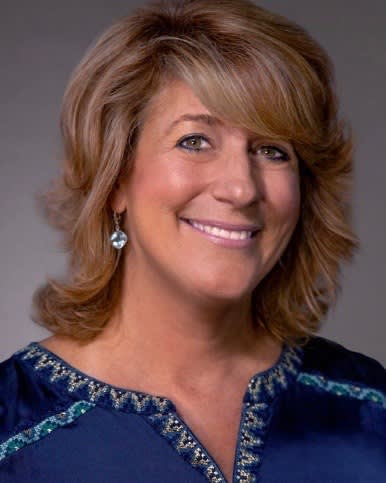
Anne, Chief People Officer
Who is your favorite Black poet? Langston Hughes. What I like about his work is that he portrayed the joy and hardships of Black life. Focusing on Harlem, he wrote about the realities of the Black “human condition” for adults and children in the 1920s and spoke with an intentional voice—that of ordinary Black people. While intellectuals (both Black and White) didn’t always understand his work, many working-class Black men and women did. With their support, he was able to make a living from his writing—no easy feat for any poet, let alone a Black man of his time.
Do you have a favorite poem of his? I like the simple, short poem “Boogie: 1 A.M.” because it picks up the rhythm—it has a musical vibe, which Hughes is known for. It also represents the simple elegance of his language. This short poem represents both:
Good evening, daddy!
I know you’ve heard
The boogie-woogie rumble
Of a dream deferred
Trilling the treble
And twining the bass
Into midnight ruffles
Of cat-gut lace.
Langston Hughes: The Value of Contradiction
Langston Hughes was a man far ahead of his time, but his actions were often unpredictable and contradictory. Rather than ignoring or excusing these contradictions, Bonnie Greer confronts them, painting an unforgettable portrait of a man caught up in strange and contradictory times....
What entry point to his work do you recommend? I love The Collected Poems of Langston Hughes, a massive collection of all the poems he published in his lifetime. To learn more about his fascinating life, his autobiography I Wonder as I Wander captures his many travels and encounters with notables in the 1930s; Langston Hughes: The Value of Contradiction sheds a nuanced contemporary lens on his life, written and read in the engaging style of playwright and critic Bonnie Greer.
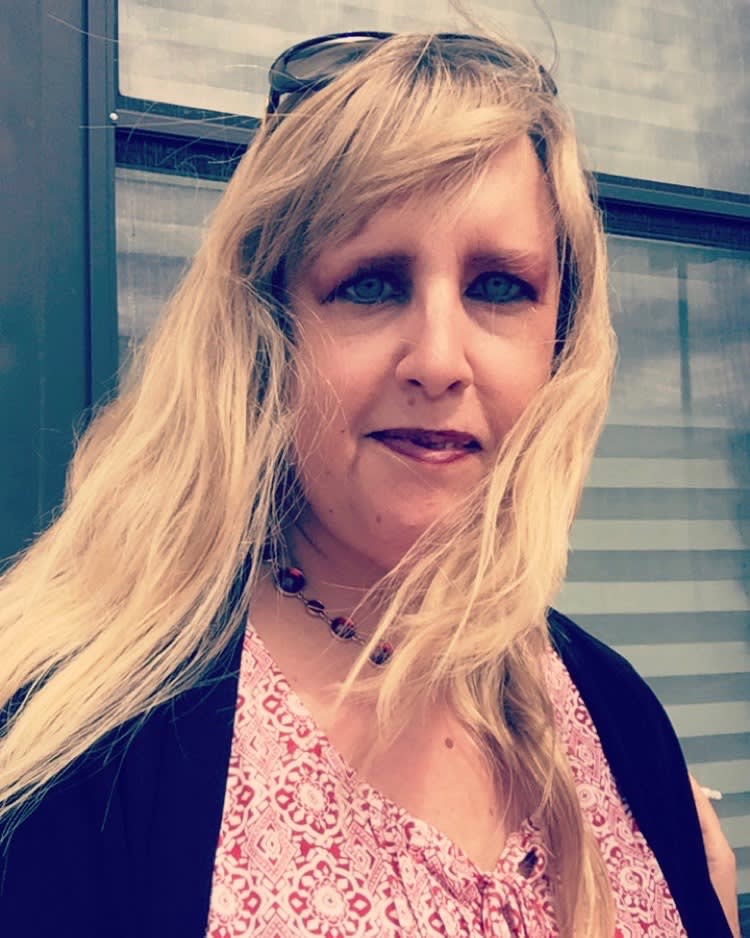
Ursala, Customer Care
Who is your favorite Black poet? My favorite poet of all time is Maya Angelou.
Is any of her poems a particular favorite? While I love many of her works, the poem that
resonates with me the most is “Phenomenal Woman.”
Pretty women wonder where my secret lies.
I'm not cute or built to suit a fashion model's size
But when I start to tell them,
They think I'm telling lies.
In a society where we are judged by outward appearance and preconceived notions of what is ideal, Maya Angelou’s words resonate with me. I have never been that “ideal,” but I have always been a Phenomenal Woman.
Amazing Peace and Other Poems
Listen to Grammy Award-winning poet Maya Angelou read her newest work, "Amazing Peace", as well some of her best-loved poems in this unique and inspiring audio collection....
Can you share how you listen to poetry? Listening to Maya Angelou speak her own words is more powerful than her words alone. The enunciation of her words, the pauses in her speech, and the pacing of her breath bring her words to life. Maya Angelou truly was a Phenomenal Woman and her gift to us all, the words she has written and spoken, will live on forevermore.









